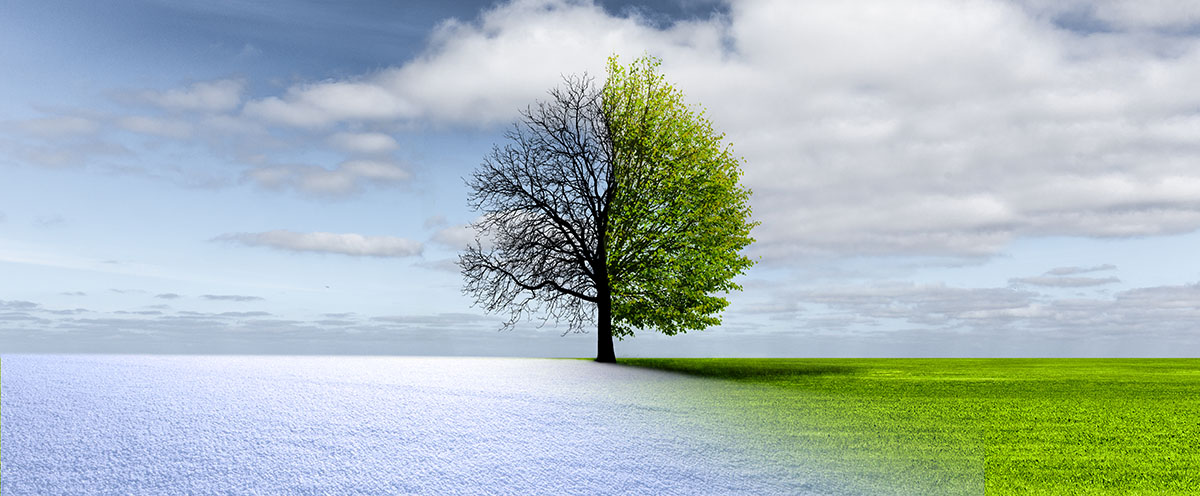How Seasons Affect Our Sleep: Unveiling the Sleep Patterns of Americans

Ah, the change of seasons! As days get shorter during winter and longer during summer, have you ever wondered how these seasonal shifts influence our sleep patterns? With the rise of sleep tech gadgets, we now have a treasure trove of data that helps us dive deep into these questions. Here’s a look at what big data from consumer sleep technology is telling us about how we sleep during the summer vs. winter months.
The Influence of Light on Sleep
First, it’s essential to understand the role of light in our sleep. Light is our body’s primary cue for setting our internal body clock, or circadian rhythm. Think of it as nature’s alarm clock, helping us decide when to wake up or go to bed. This internal clock influences not just our sleep but our mood, energy, and metabolism. Winter’s shorter days can sometimes make us feel sluggish or moody, while summer’s extended daylight can sometimes leave us feeling energized for longer. But how exactly do these seasonal light changes affect our sleep patterns?
A Deep Dive into Sleep Data
Researchers recently tapped into a massive dataset spanning over 21,000 Americans and more than a million nights of sleep. The data, collected from January 2019 to August 2022, aimed to compare sleep patterns during the heart of winter (December to February) and the peak of summer (June to August). And guess what? The findings were intriguing!
Wake Up, America!
One might guess that during the long winter nights, people might be tucked in bed earlier. But the data tells us a slightly different story. Both in summer and winter, Americans tend to sleep and wake up later than usual. Interestingly, this delay is more pronounced in summer. For instance, on average, in winter, people wake up around 07:06, just a minute earlier than the 07:07 summer wake-up call. And bedtime? It shifts to 23:23 in summer from 23:17 in winter.
Sleep Quality: Winter vs. Summer
The slight delays in bedtime and wake time in both seasons might not seem much, but they do have a ripple effect on our sleep quality. The data shows that even with these shifts, sleep health peaks during the winter months.
Let’s break it down:
- Sleep Duration: People sleep about 359.6 minutes (or roughly 6 hours) in winter vs. 352.8 minutes (about 5 hours and 53 minutes) in summer.
- Sleep Efficiency: This metric tells us about the percentage of time in bed that we’re actually asleep. During winter, sleep efficiency stands at 77.5%, dropping slightly to 76.6% in summer.
- SleepScore: This overall measure of sleep health also favors winter, with a score of 78.4 compared to summer’s 77.6.
Surprise Findings!
While these differences in sleep patterns between seasons might seem minor, they’re consistent with studies from places with extreme seasonal differences. For instance, in Northern Norway, where they experience the midnight sun and polar nights, researchers found little variation in sleep-wake timing.
In Conclusion
It seems that no matter the season, we humans tend to adapt our sleep patterns slightly. Whether it’s the lure of the long summer evenings or the cozy winter nights, our bedtime and wake times shift, but not drastically. And while we might enjoy slightly better sleep quality during winter, summer sleep isn’t too far behind.
What can we take away from this? As the seasons change, it’s a good idea to listen to our bodies. Ensure you’re getting enough rest, and if you’re curious, maybe invest in some sleep tech to get insights into your sleep patterns.
To read more about the analysis, click here.
If you enjoyed this dive into the world of sleep data, don’t forget to share it with your friends and family. Sleep well, and seasonally!